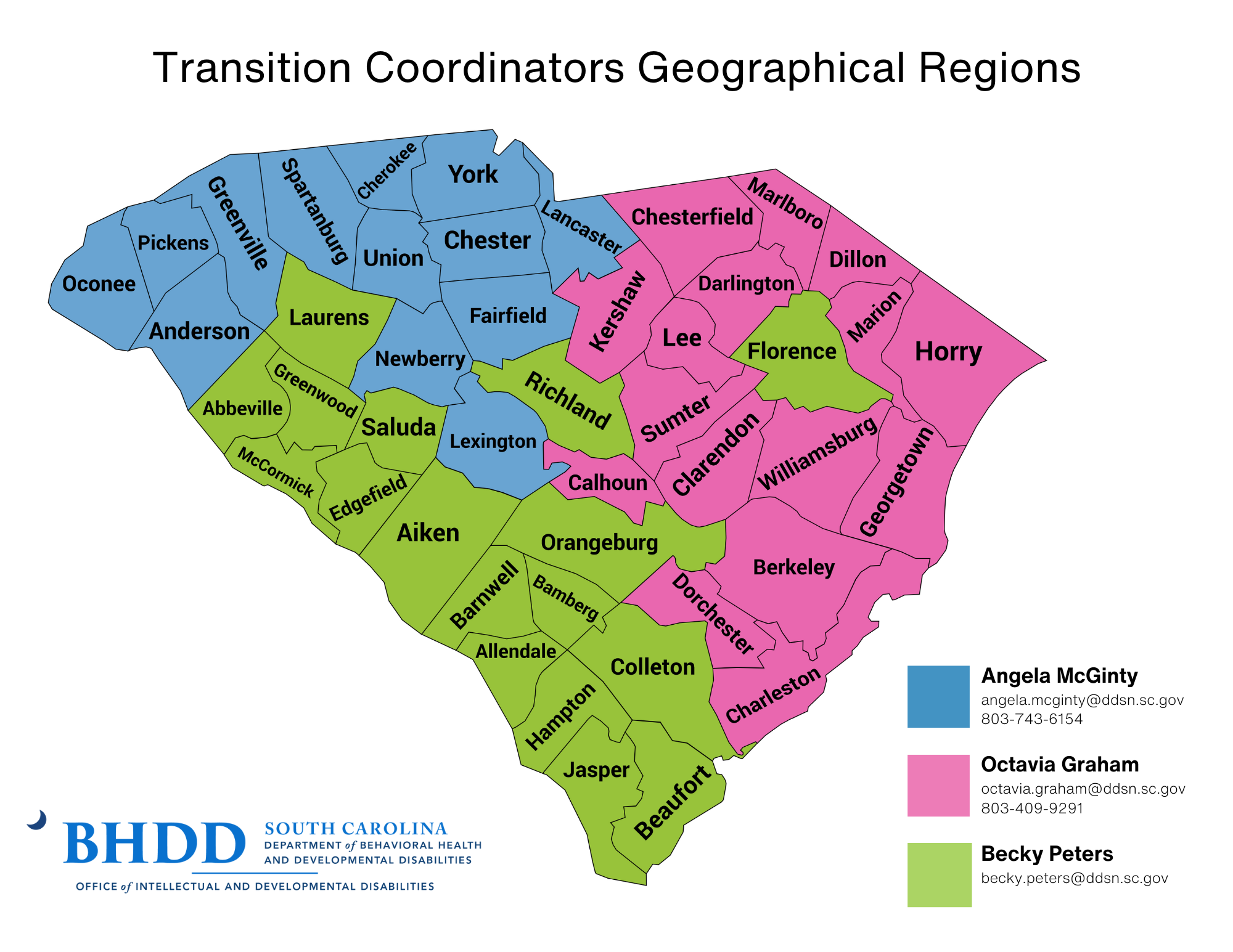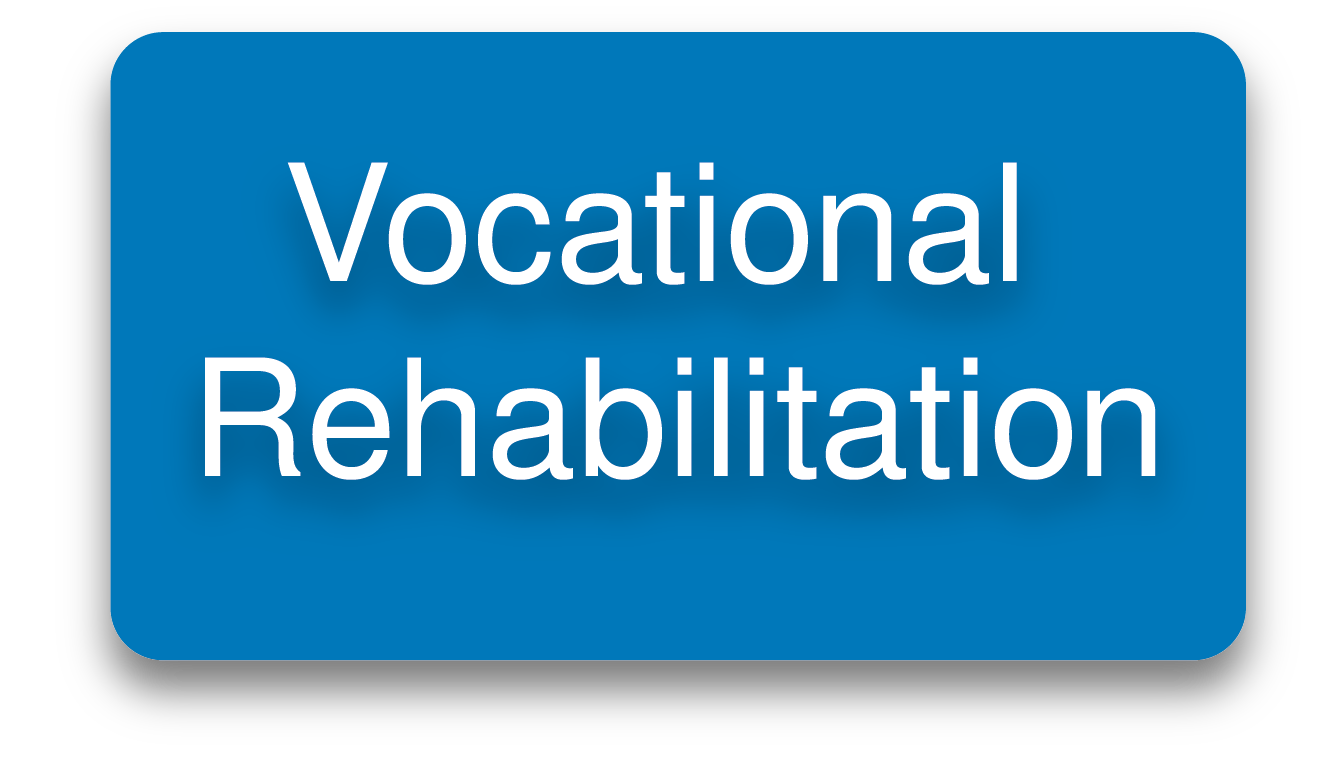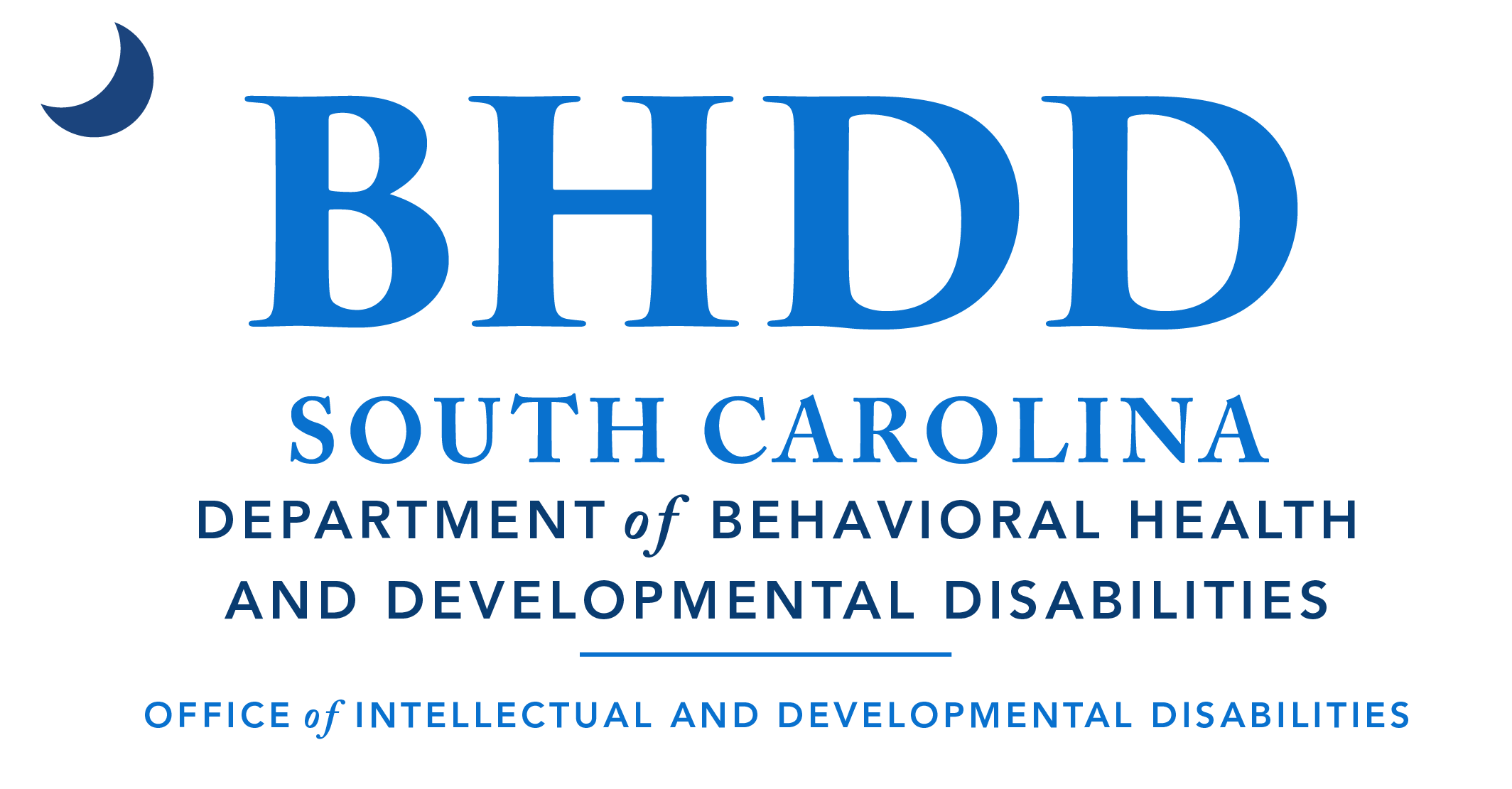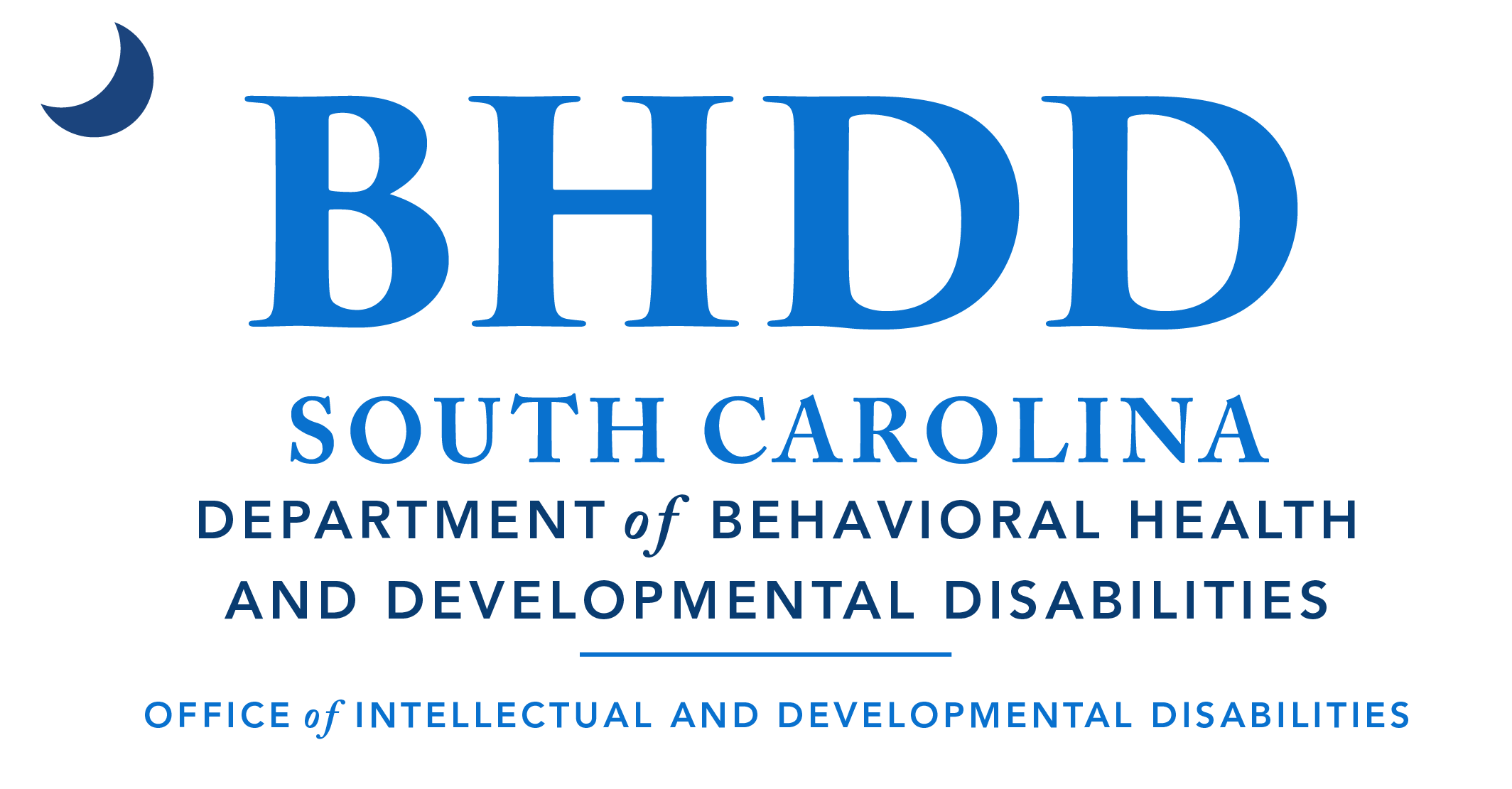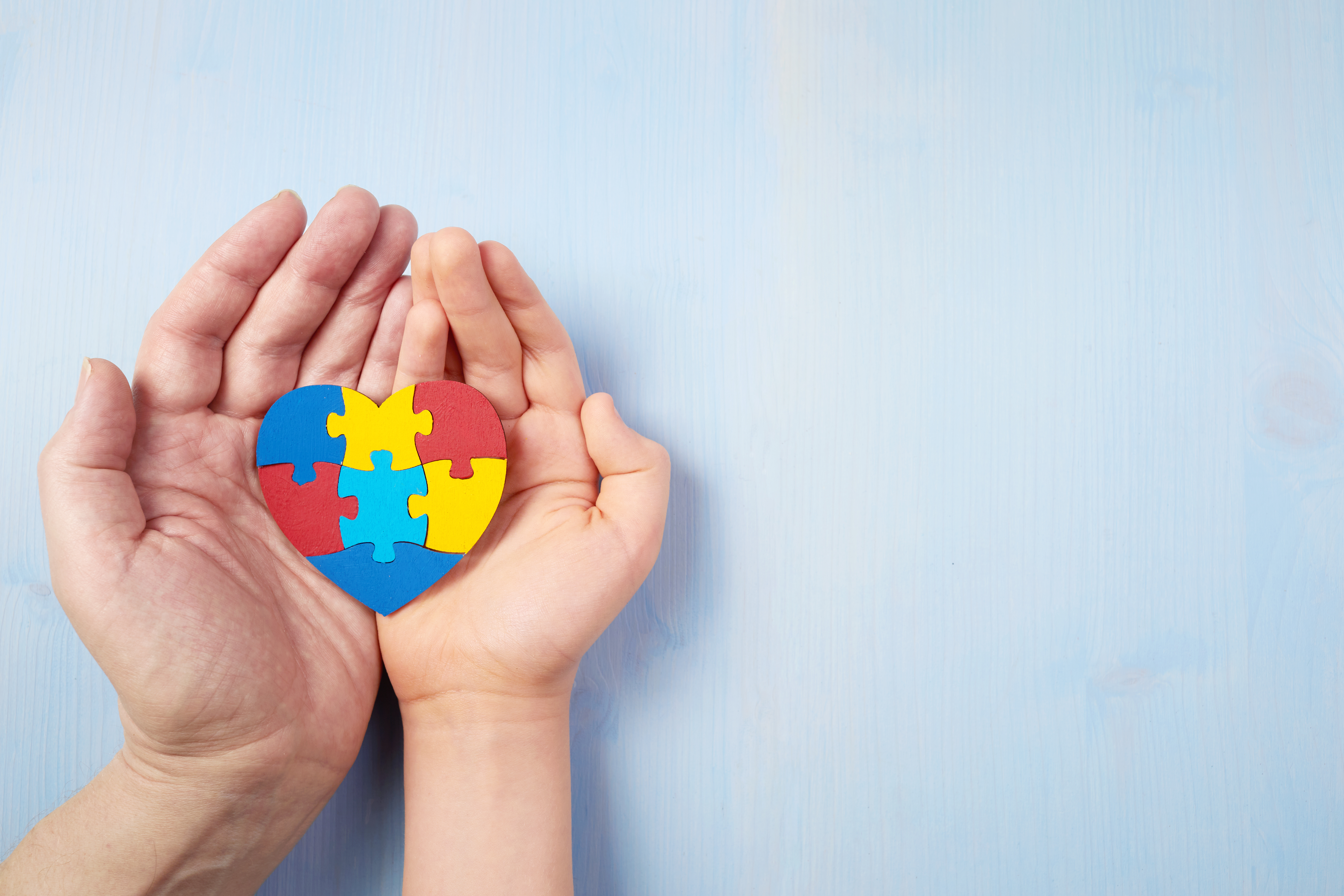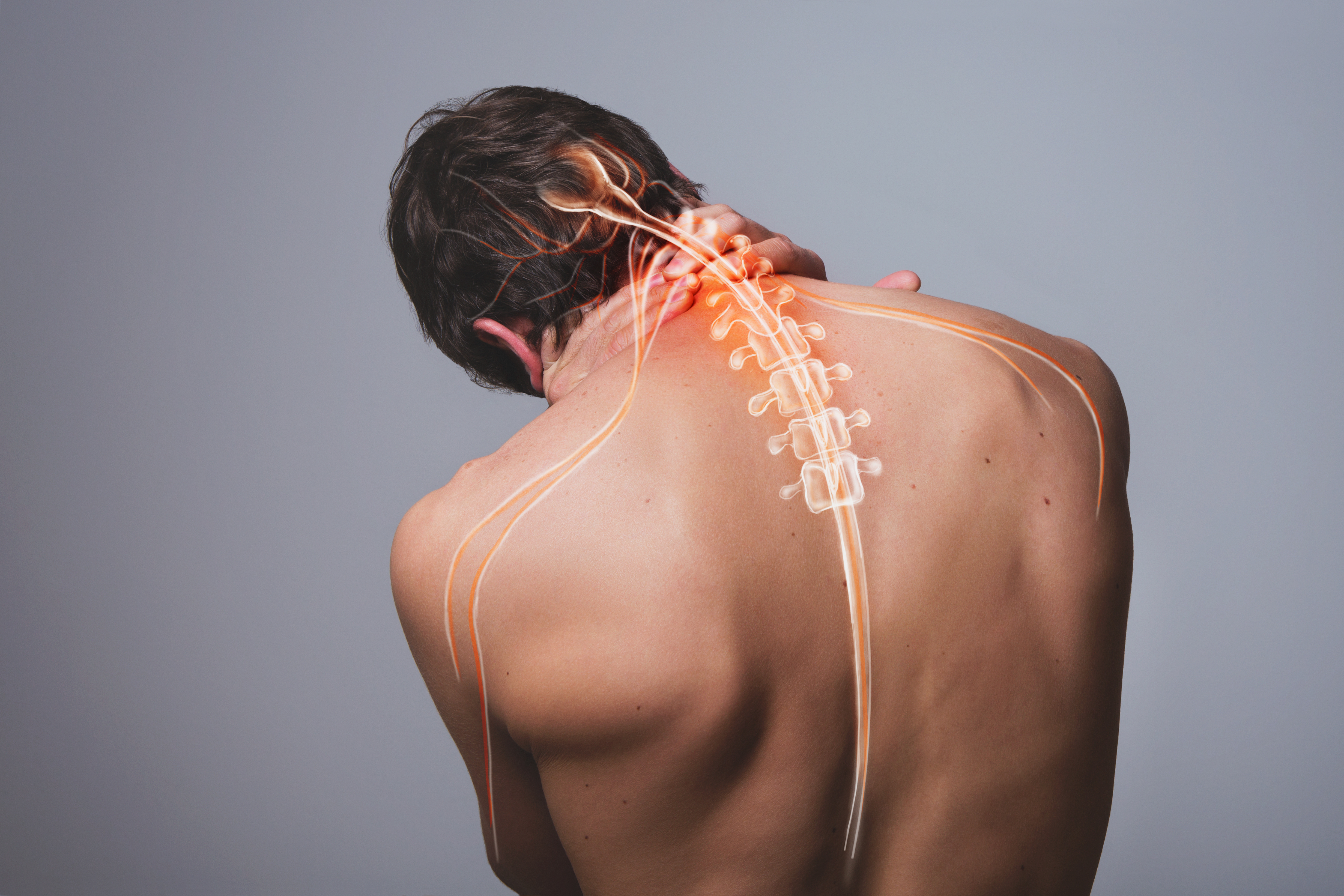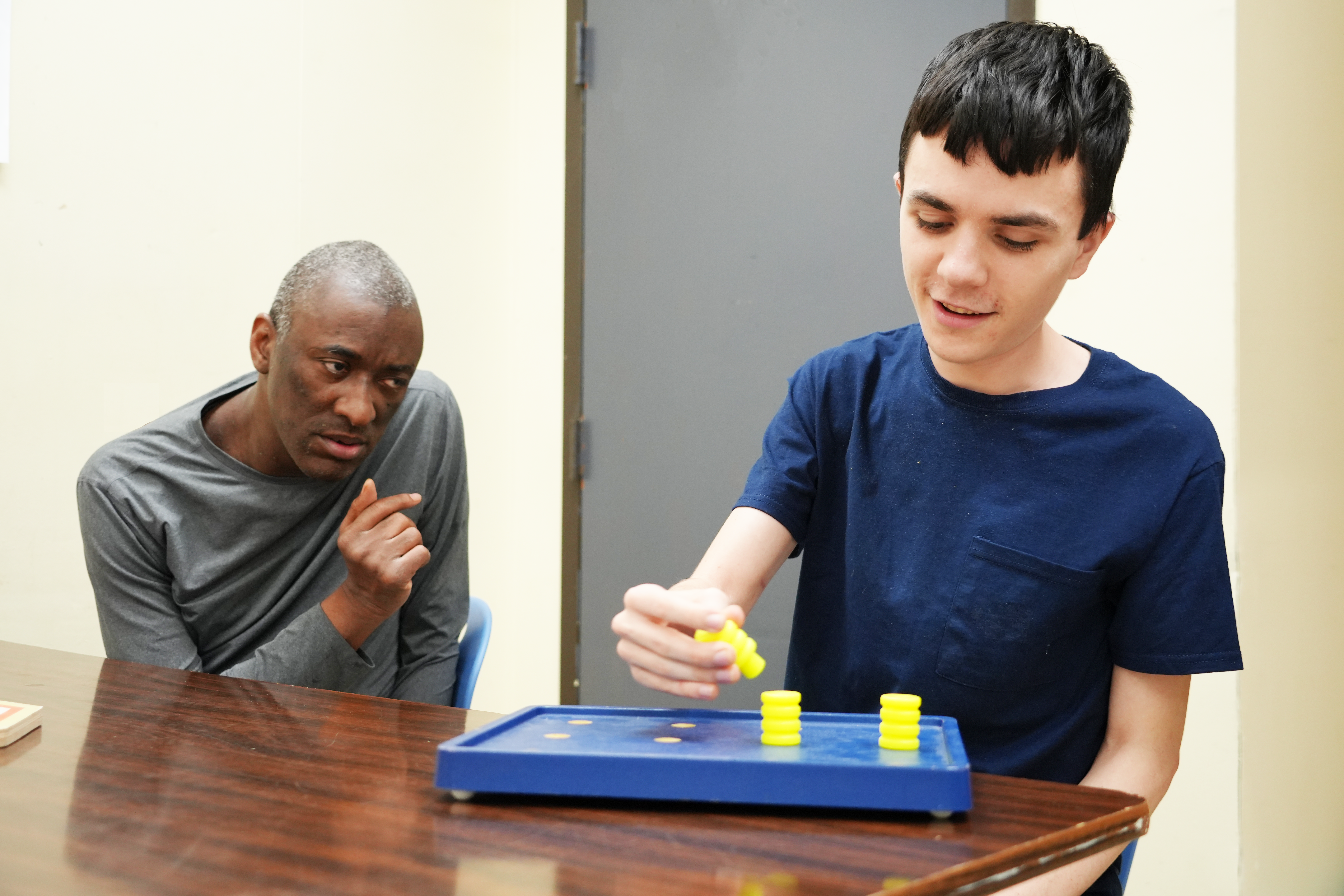Exiting high school is such an exciting time for young adults!
The South Carolina Department of Behavioral Health and Developmental Disabilities (BHDD) Office of Intellectual and Developmental Disabilities places a high priority on competitive, integrated employment, community involvement and creating a meaningful life for young adults as they begin adulthood. BHDD-OIDD also understands that many young adults and their families may have questions. BHDD-OIDD would love to support you on this journey and connect you to some resources that are available. There are several agencies, organizations, and resources that are here to support you on this journey whether you are looking for, employment, college programs, day programs, or social opportunities, all of which, we believe, lead to the most independent, rewarding life.
BHDD-OIDD Transition Coordinators are here to help BHDD-OIDD eligible individuals (Autism, Intellectual Disabilities, Traumatic Brain Injury, Spinal Cord Injury and Related Disabilities) prepare for a successful transition from school to adult life by sharing resource information, assisting with person-centered planning and referrals for services.
Are you currently eligible with BHDD-OIDD?
If you are looking to receive BHDD-OIDD services, you will need to complete the BHDD-OIDD eligibility process. If you are not sure if you have a case with BHDD-OIDD, it is very important to check eligibility. Start the process or check eligibility.
Ready to be independent?
The Department of Behavioral Health and Developmental Disabilities (BHDD) Office of Intellectual and Developmental Disabilities has three Home and Community based waivers. A waiver allows you to receive services in the community and is offered through Medicaid. A waiver is a funding source that covers over and above what regular Medicaid covers.
College/University Options in South Carolina
There are six college programs in South Carolina that offer 2- or 4-year certificate programs for individuals with intellectual and developmental disabilities. These programs embrace inclusion and individualization based on your interest and needs.
Contact these schools individually to find out more information about their programs and to sign up for open-house or a tour:
Clemson University offers a program called The Spectrum Program which provides individualized services beyond standard accommodations. The Spectrum Program is designed for individuals with disabilities who are interested in taking regular classes for their undergraduate degree, but still need support in achieving academic, social, and career and professional development success.
Employment options
If you are interested in working independently the South Carolina Vocational Rehabilitation Department (SCVRD) might be able to support you and your needs. Vocational Rehabilitation (SCVRD), prepares and assists eligible South Carolinians with disabilities to achieve and maintain competitive employment in the community. After SCVRD has helped you secure and stabilize your employment, BHDD-OIDD can provide long-term, ongoing support for you to maintain and grow in your employment.
If you are currently eligible with BHDD-OIDD and interested in working, you can fill out a VR referral and mail, email, or scan it to one of the Post-Secondary Transition Coordinators. The Transition Coordinators will send it to SCVRD directly. A VR counselor will connect with you to discuss your eligibility for the program and employment options. The VR referral also allows communication between you and SCVRD, BHDD-OIDD, and your support system.
Referral Links
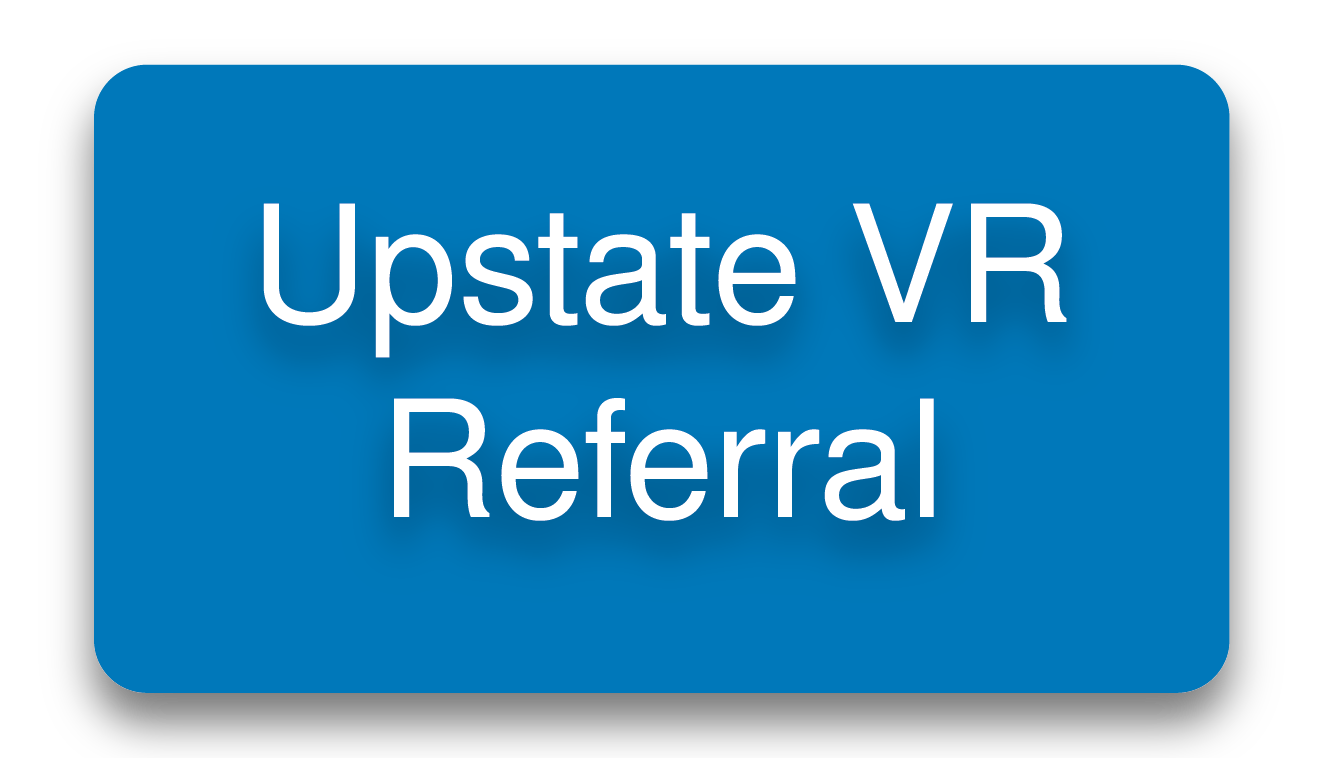 | 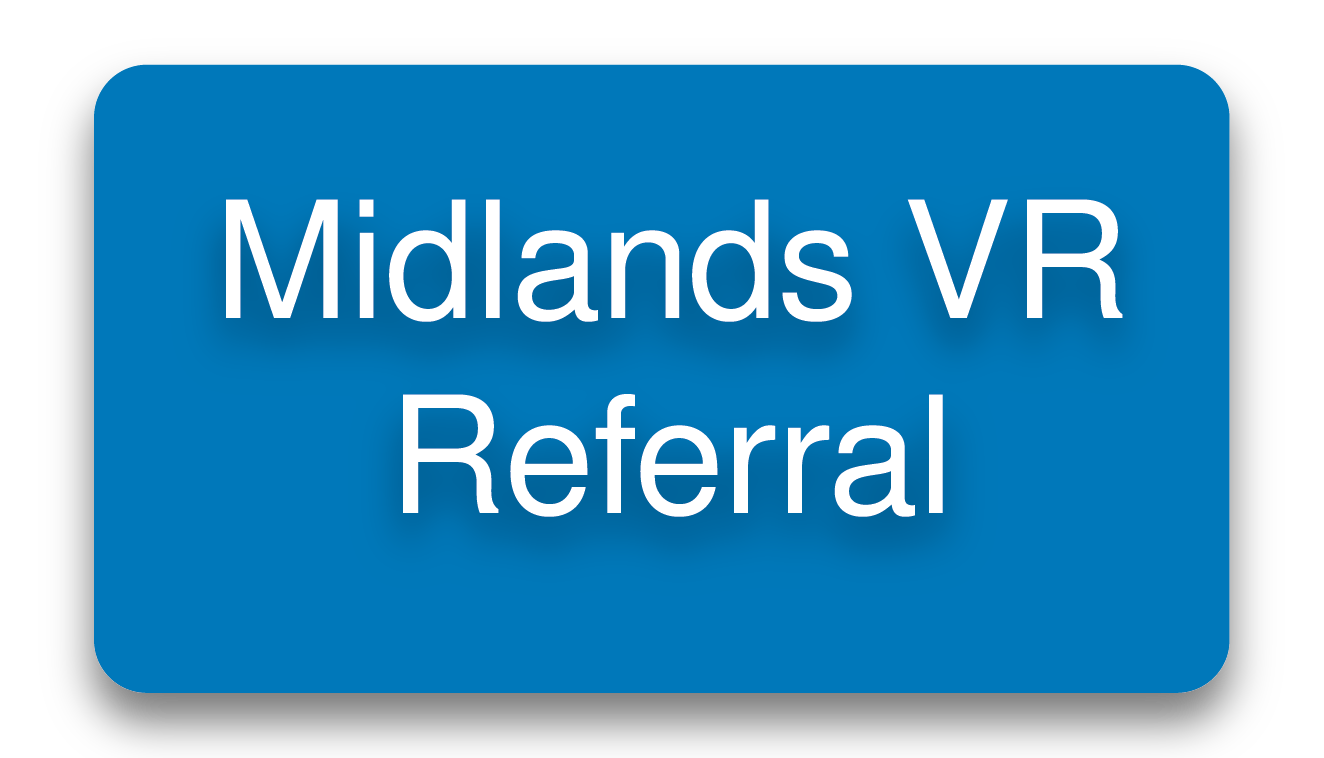 | 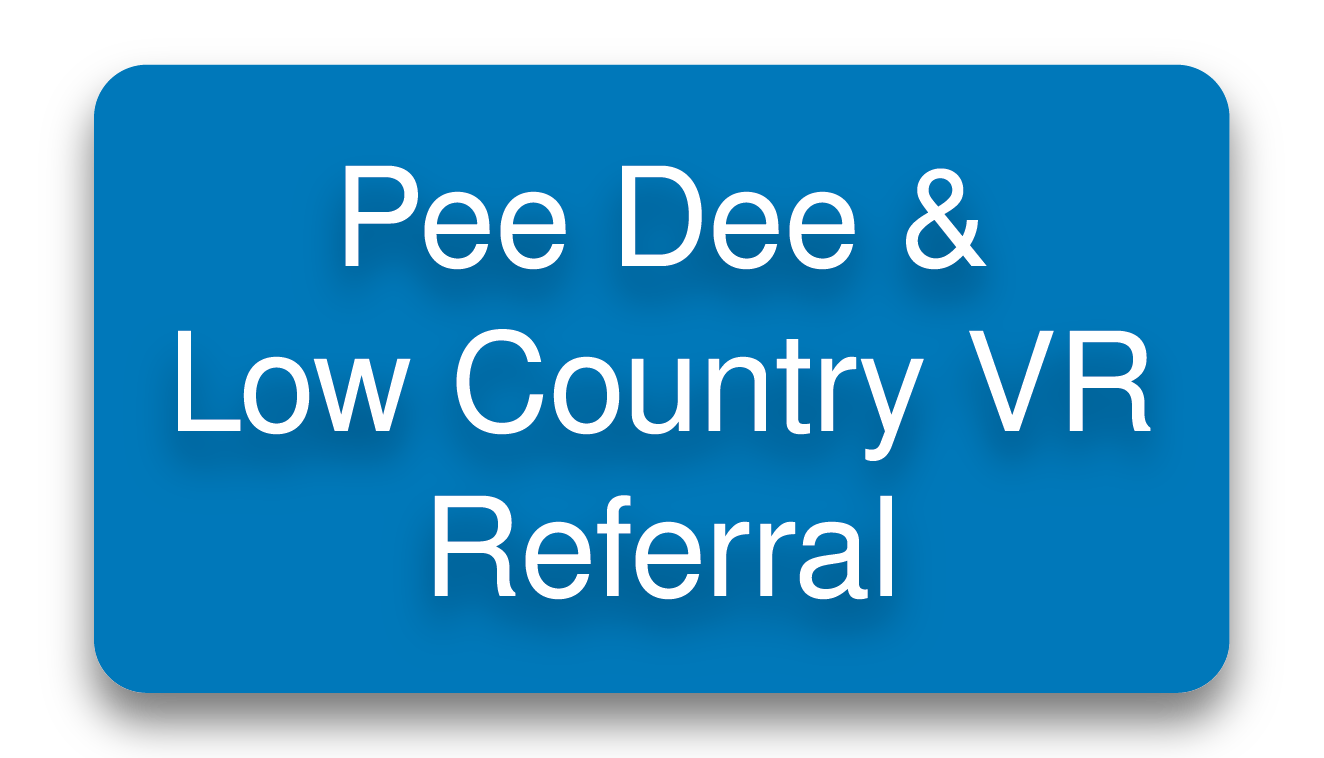 |
There are many school districts that provide an opportunity for supported employment while learning job skills and gaining experience. These programs around the state are called Project SEARCH. Project SEARCH is an unpaid internship opportunity to learn job skills with similar peers, a teacher, and a job coach from SCVRD. Contact your school district to see if Project SEARCH is available in your area.
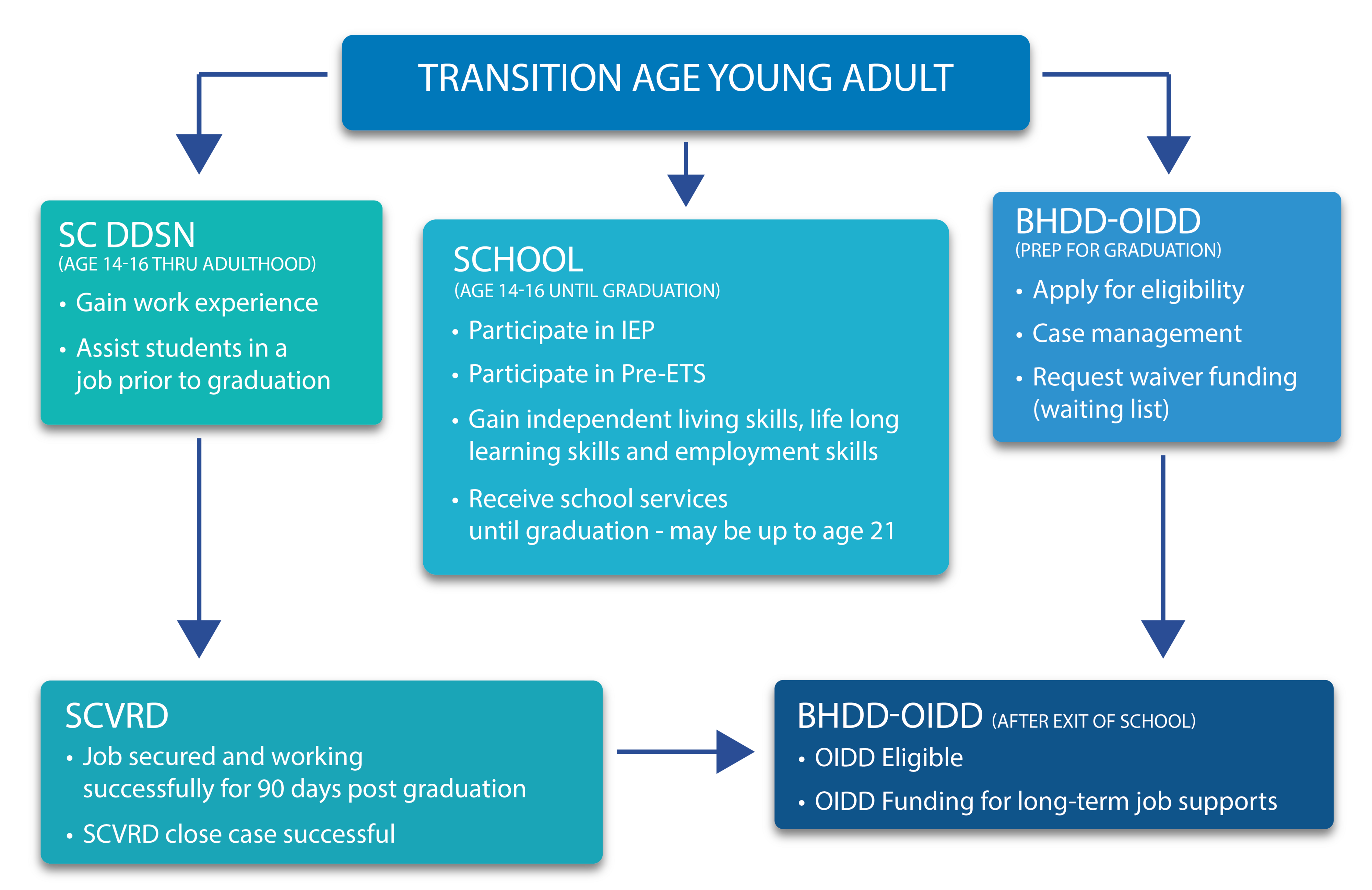
Learning how to live independently
South Carolina has three independent, nonprofit organizations that promote independent living across the state. These Centers for Independent Living (CILs) offer five core services:
- Information & Referral
- Peer Support
- Independent Living Skills Training
- Advocacy
- Youth Transition
Able SC, Walton Options, and AccessAbility are divided regionally. Look at the map below to learn which center for independent living serves your county!
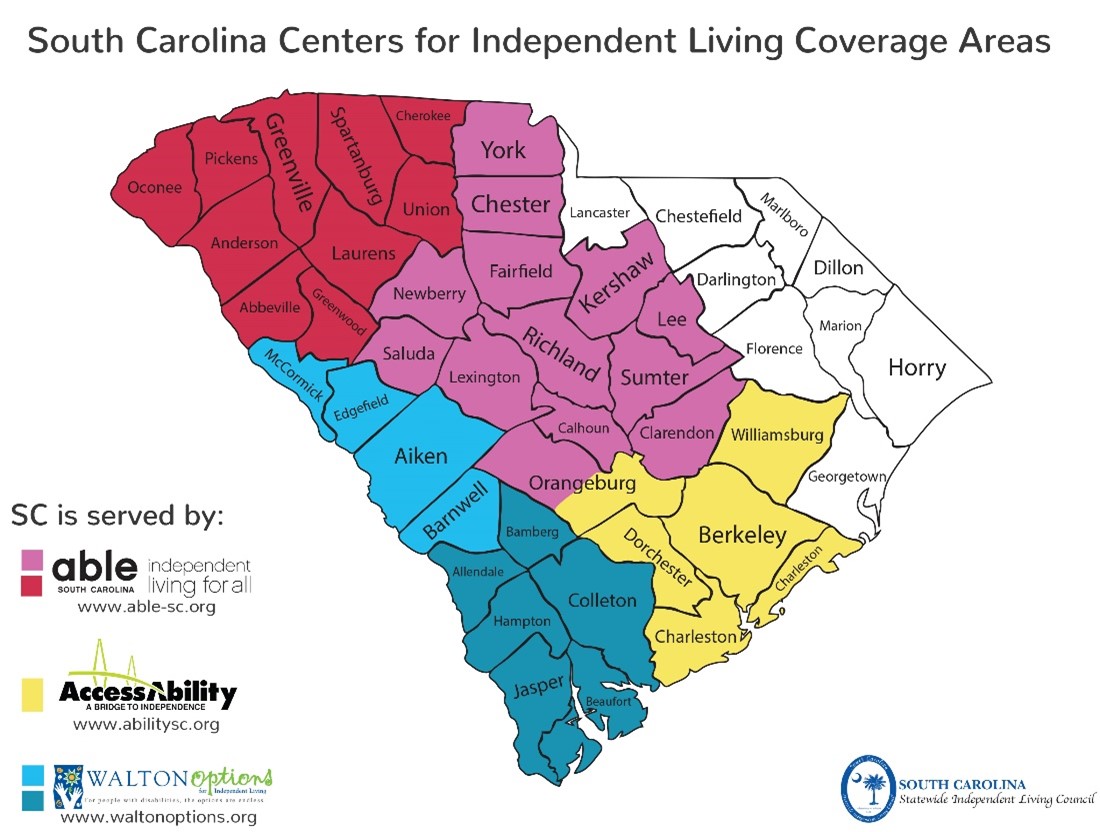
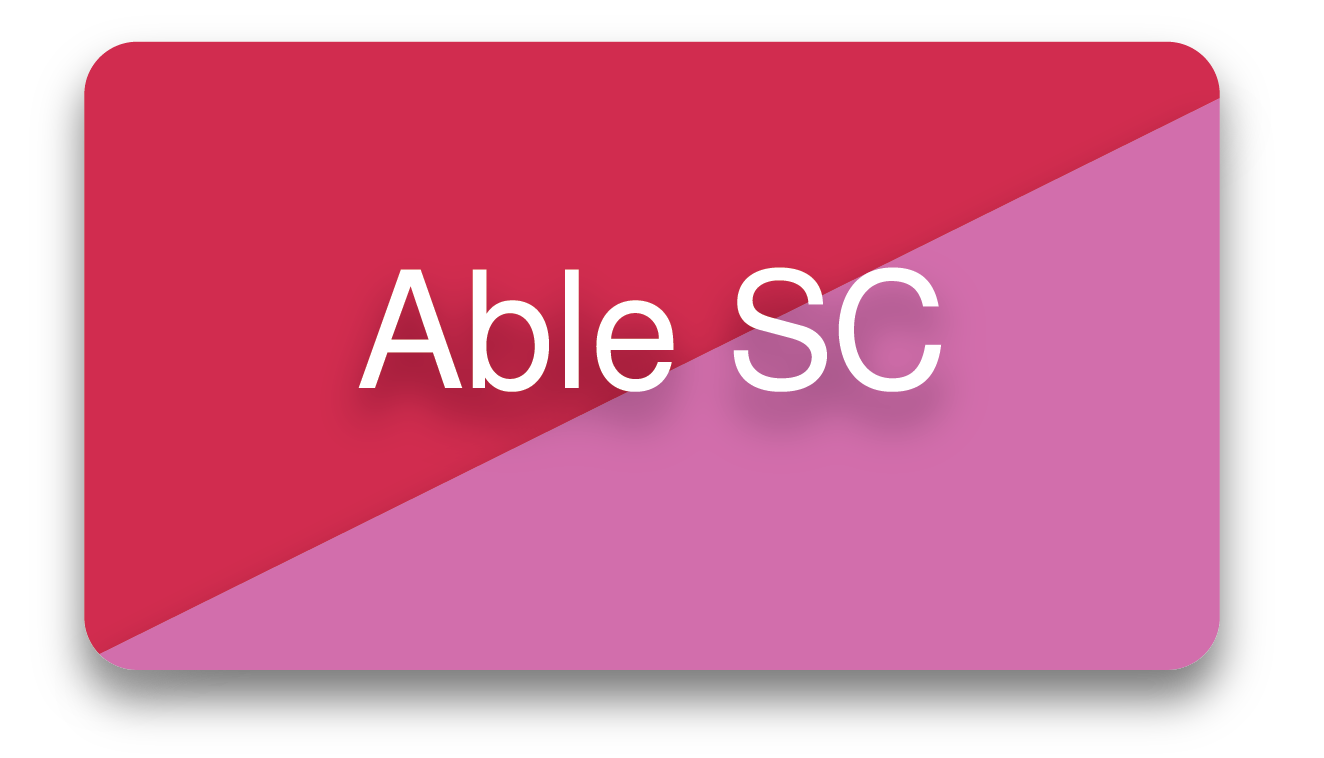 | 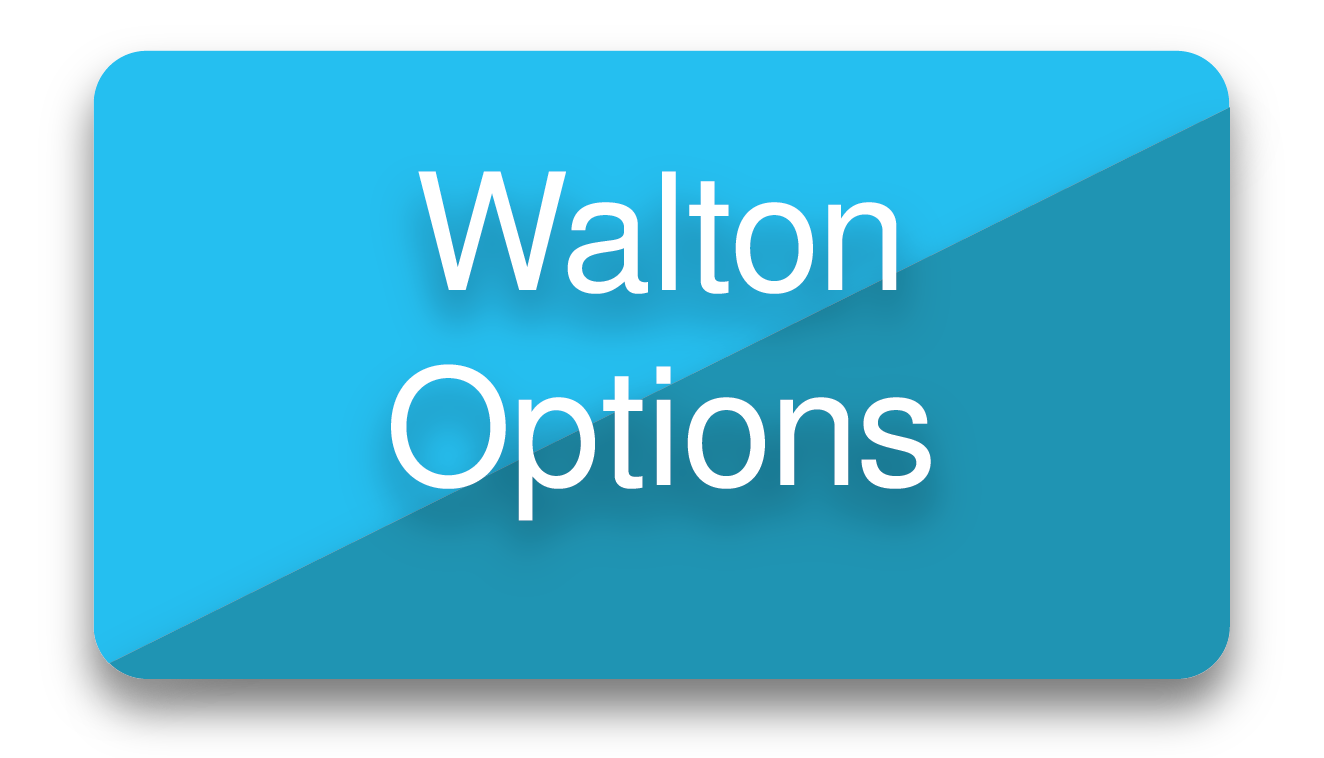 | 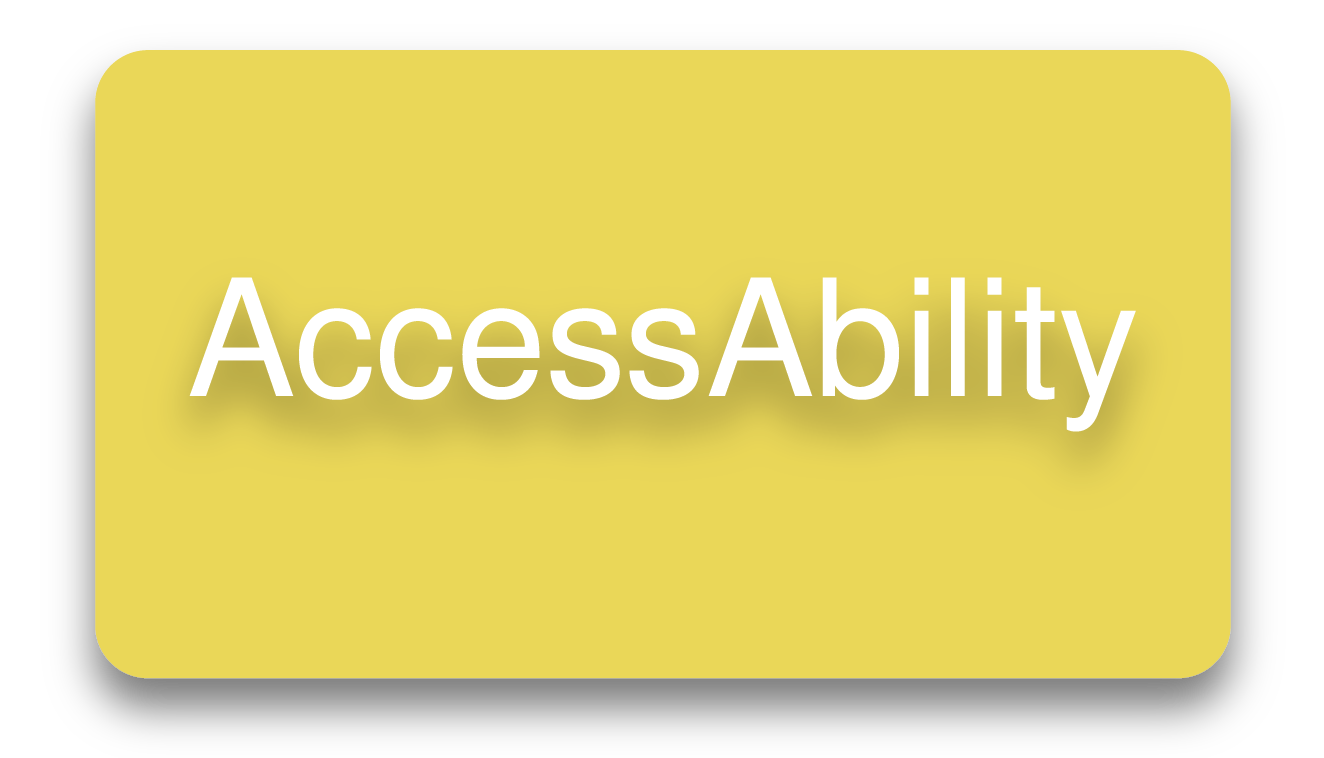 |
More Resources to become I-N-D-E-P-E-N-D-E-N-T
- Medicaid: South Carolina’s Medicaid program, provides healthcare coverage and support services to eligible individuals, including those with disabilities.
https://www.scdhhs.gov/ - Supplemental Security Administration: SSA is a federal program that provides financial assistance to eligible individuals with disabilities, helping to meet their basic needs and improve their quality of life. https://www.ssa.gov/ssi/
- Palmetto ABLE Savings Program: Palmetto ABLE Savings program allows individuals with disabilities the opportunity to save and invest money while maintaining eligibility for important needs-based benefits. https://treasurer.sc.gov/what-we-do/for-citizens/able-savings-program/
- Family Connection: Family Connection is a support network providing resources, education, and connections to families of individuals with disabilities to foster understanding and navigate the journey. https://www.familyconnectionsc.org/
- Client Assistance Program: CAP is designed to assist individuals who receive or want to receive services from the South Carolina Vocational Rehabilitation Department (VR), or the South Carolina Commission for the Blind (SCCB) understand their rights to services. CAP helps people with disabilities who want to get services from VR or SCCB
https://www.disabilityrightssc.org/what-we-do/ - SNAP: SNAP provides food benefits to low-income families to supplement their grocery budget so they can afford the nutritious food essential to health and well-being
https://dss.sc.gov/assistance-programs/snap/ - United Way: SC 211 provides information and referral services for all of South Carolina to those needing assistance with rent, electric bills, food pantries, shelters, legal aid, etc.
https://sc211.org/ For more resources, click here.
Contact your local Post-Secondary Transition Coordinator if you have more questions!
